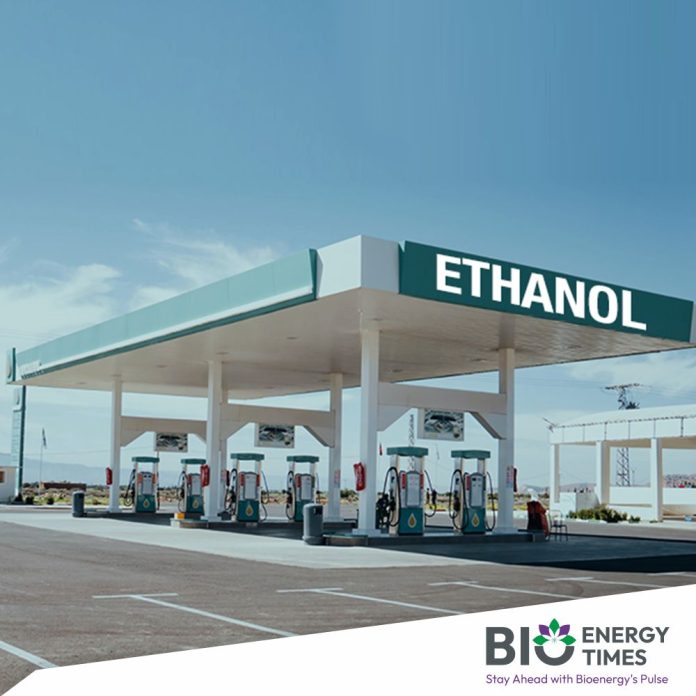Vale and Komatsu have entered into an agreement with Cummins to develop and test dual-fuel haul trucks powered by a blend of ethanol and diesel. These trucks, the world’s first of their size with payloads ranging from 230 to 290 tons, represent a joint investment in research and development that underscores the commitment of all three companies to advancing sustainability in the mining sector, reported Biofuels International
The Dual Fuel Programme aims to support Vale’s targets of reducing scope 1 and 2 carbon emissions by 33% by 2030 and achieving net-zero emissions by 2050.
“Removing diesel, a fossil fuel, from our mining operations is crucial for meeting our decarbonization goals,” stated José Baltazar, Vale’s engineering director for mine and plant operations. “Implementing this solution across our existing fleet, without immediately replacing trucks, is a strategic approach to advancing decarbonization while prioritizing reliability and production efficiency.”
“We are continuously developing and testing solutions to meet our carbon reduction targets by 2030,” added Benjamin Stear, EDT product manager at Komatsu. “This partnership significantly contributes to achieving our shared objectives.”
Luke Mosier, mining product planning & strategy manager at Cummins, emphasized, “Komatsu and Vale are aligned with Cummins’ commitment to innovation and accelerating reductions in carbon emissions. We are excited to apply our expertise in internal combustion engines to advance this project and develop future-ready technology.”
Diesel emissions from mining operations currently constitute 15% of Vale’s direct CO2 emissions. Ludmila Nascimento, Vale’s energy and decarbonization director, highlighted Brazil’s competitive advantage in biofuels as a key opportunity: “As one of the world’s largest ethanol producers, we must leverage this advantage. Through this partnership, we aim to competitively reduce our direct emissions by 2030 and contribute to the growth of Brazil’s low-emission industry.”















